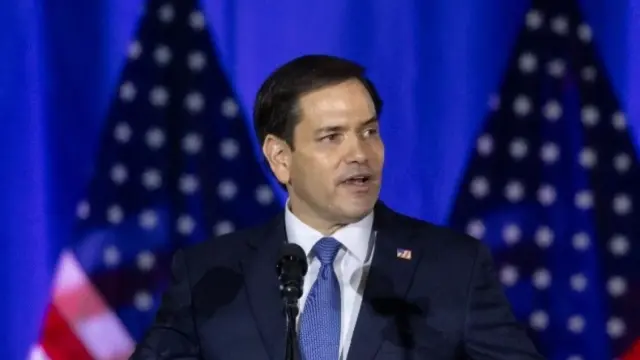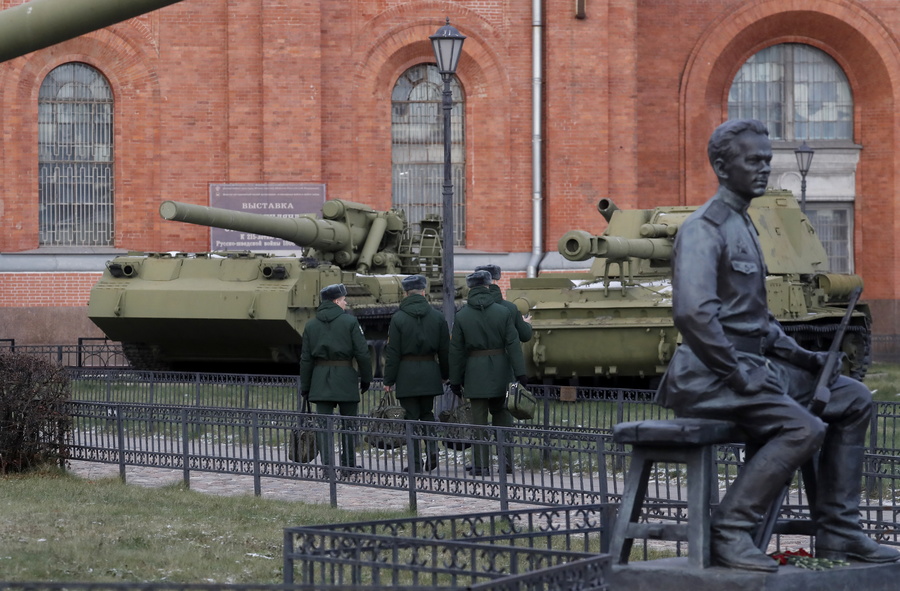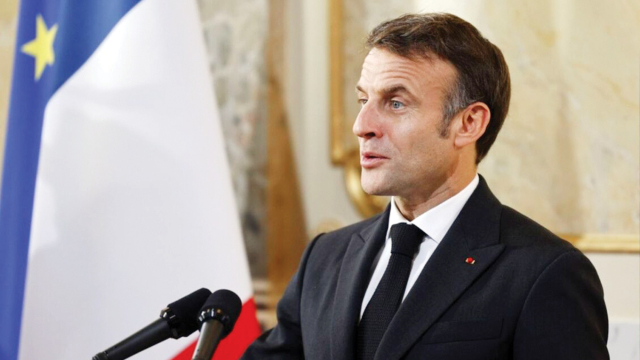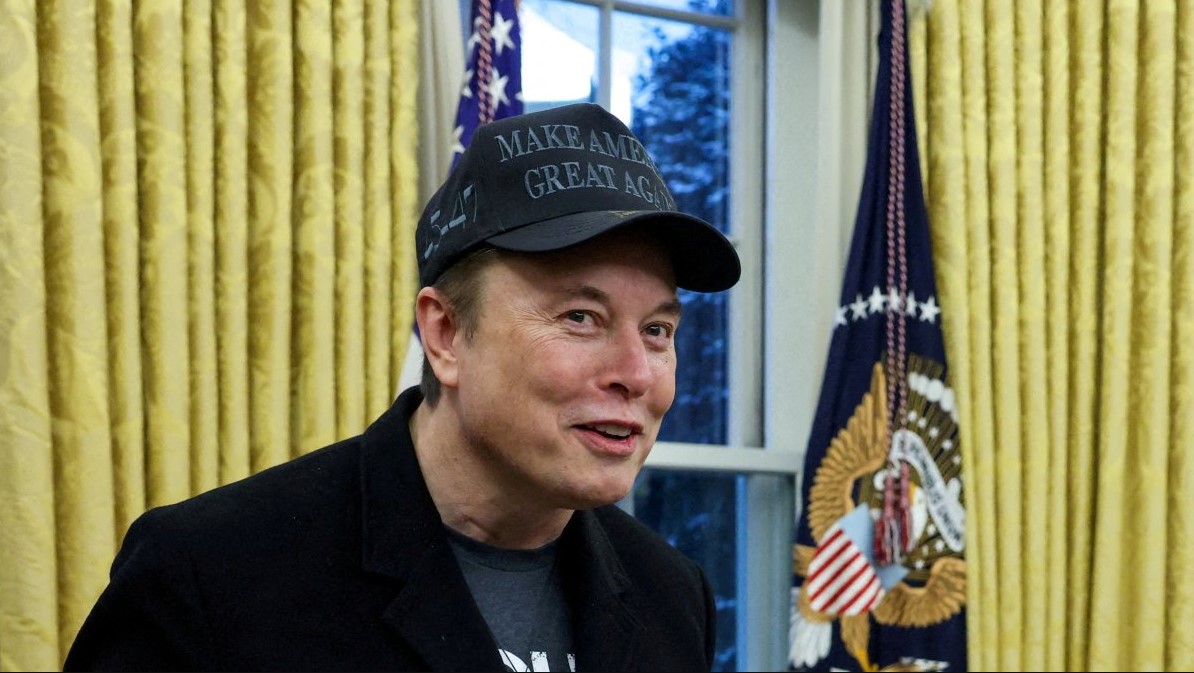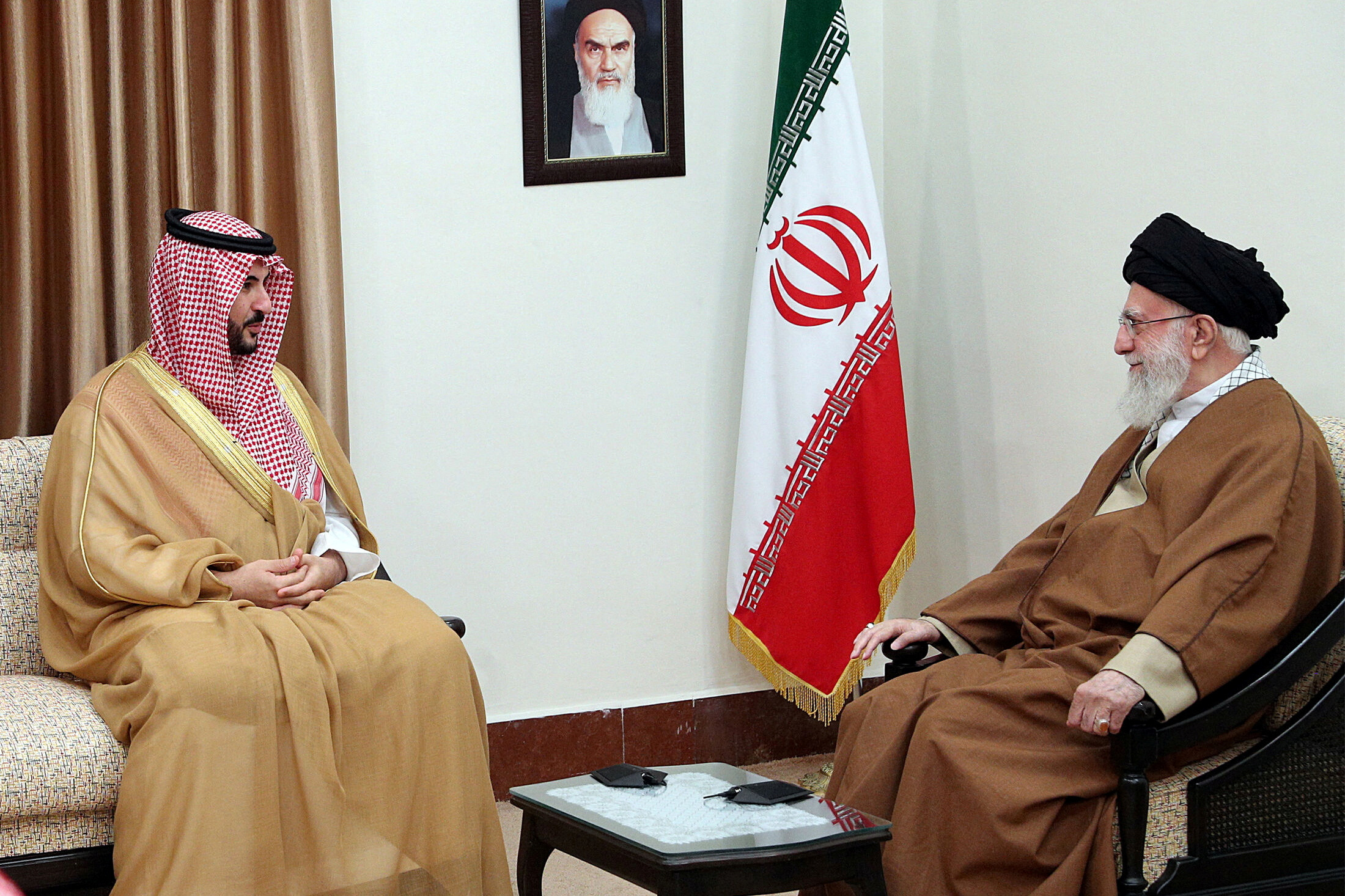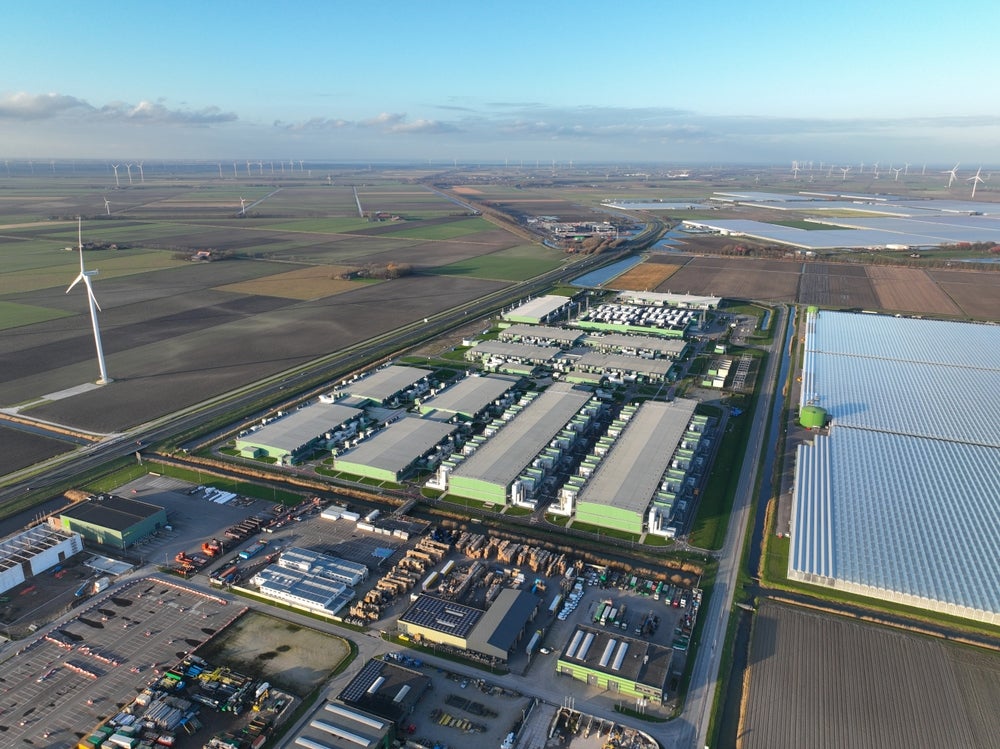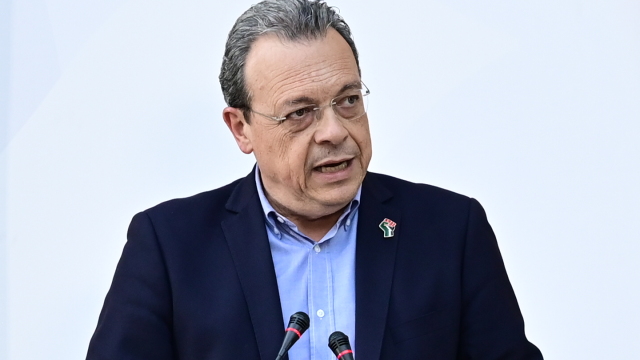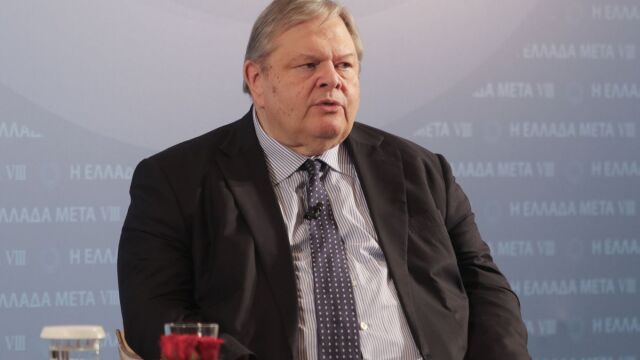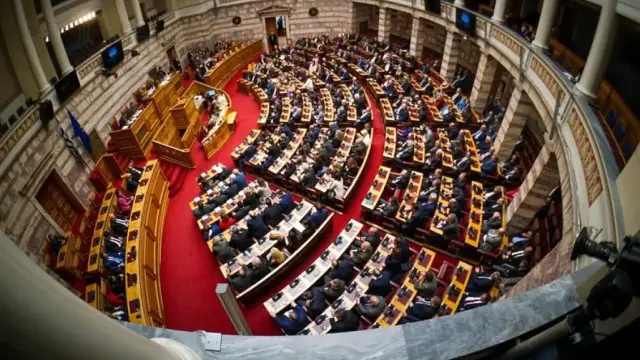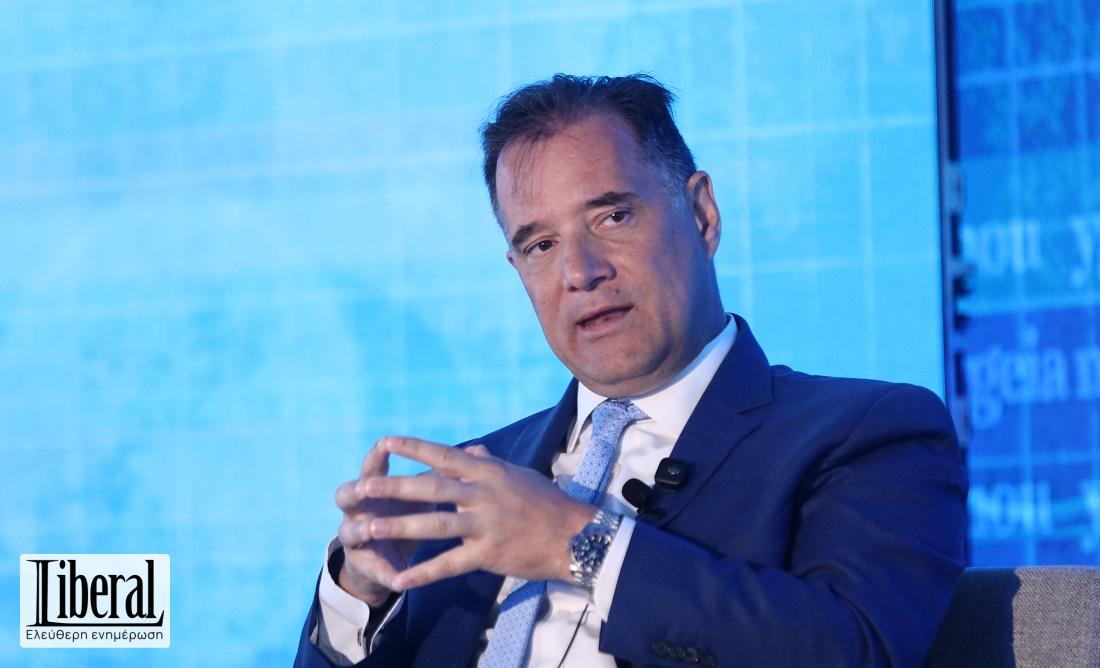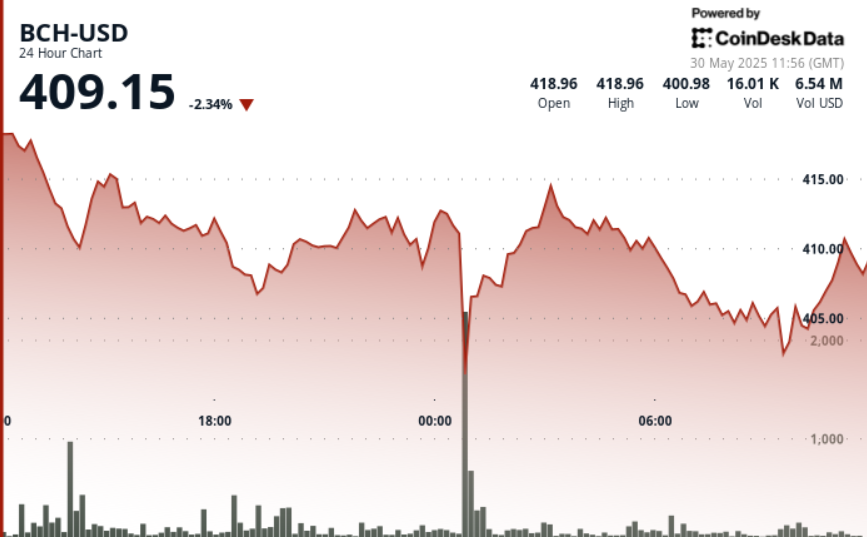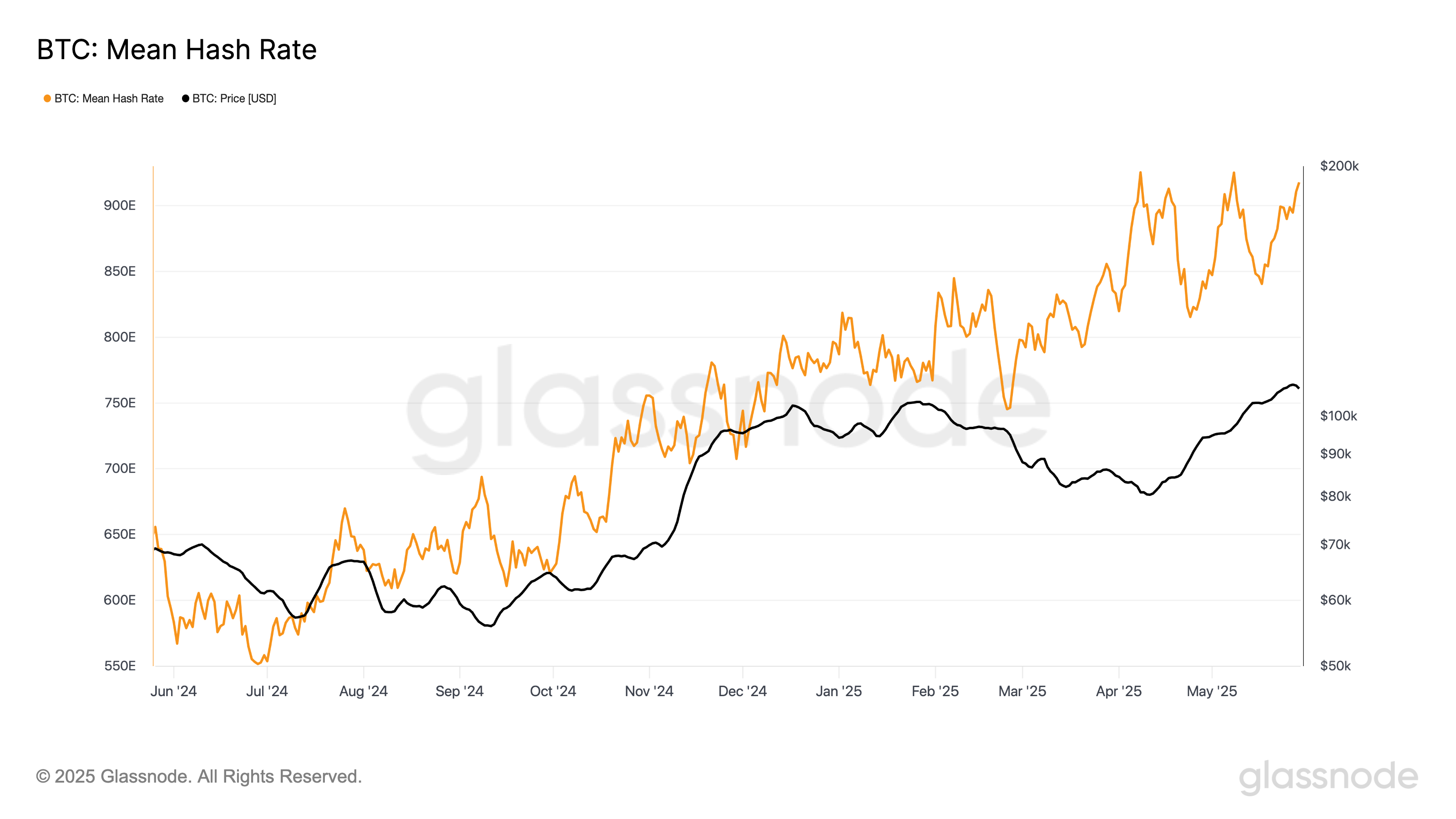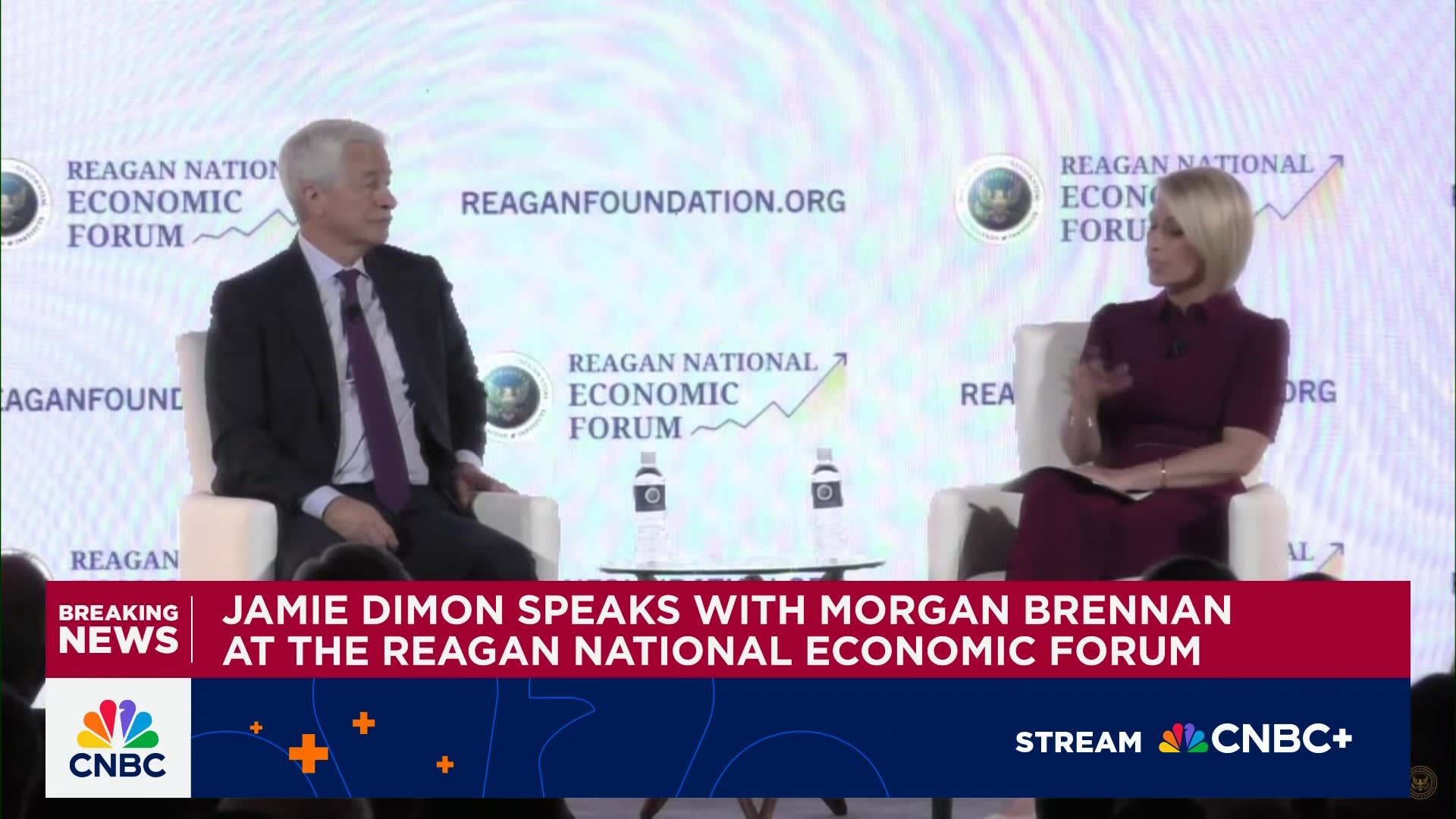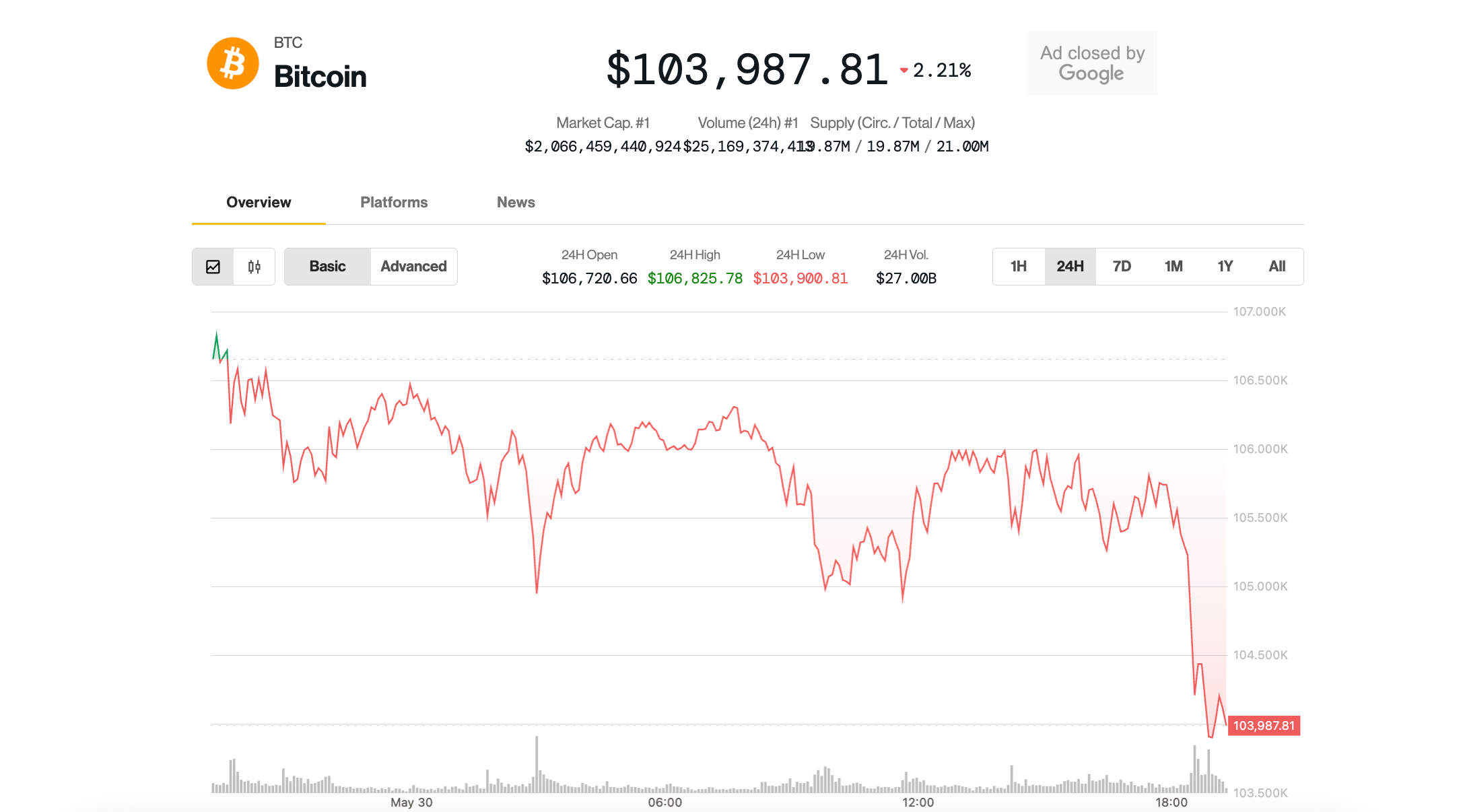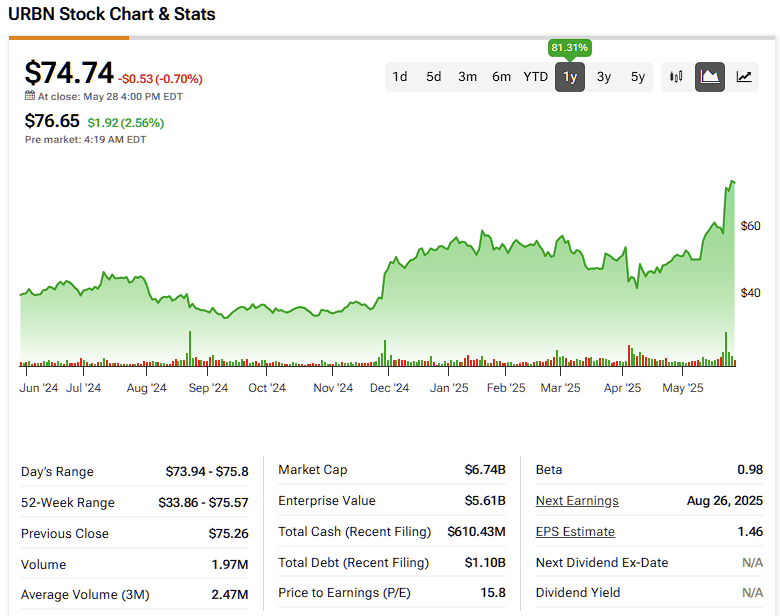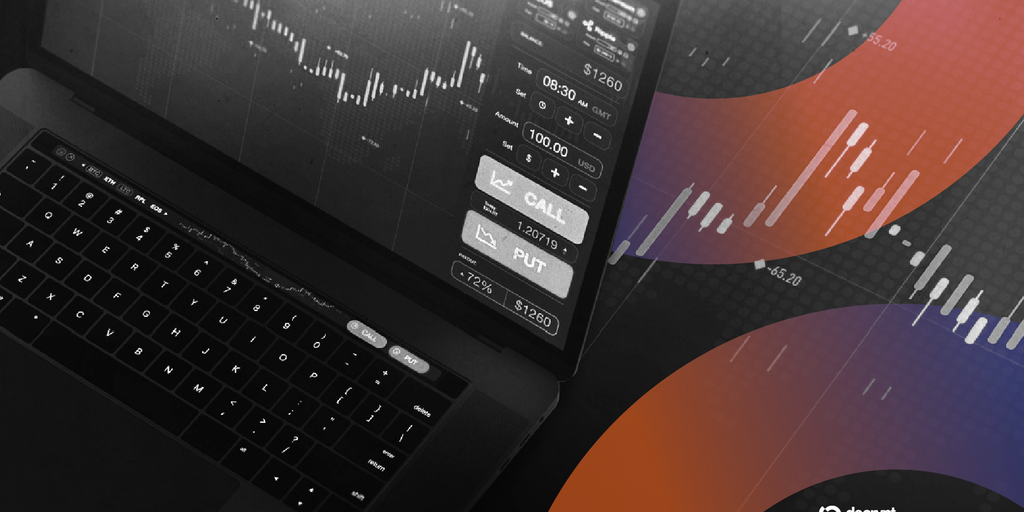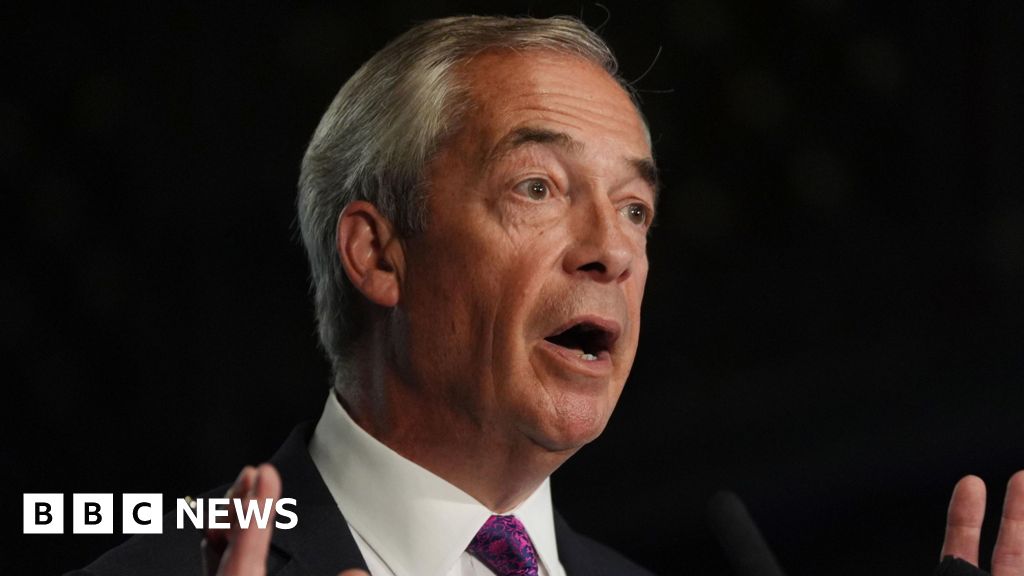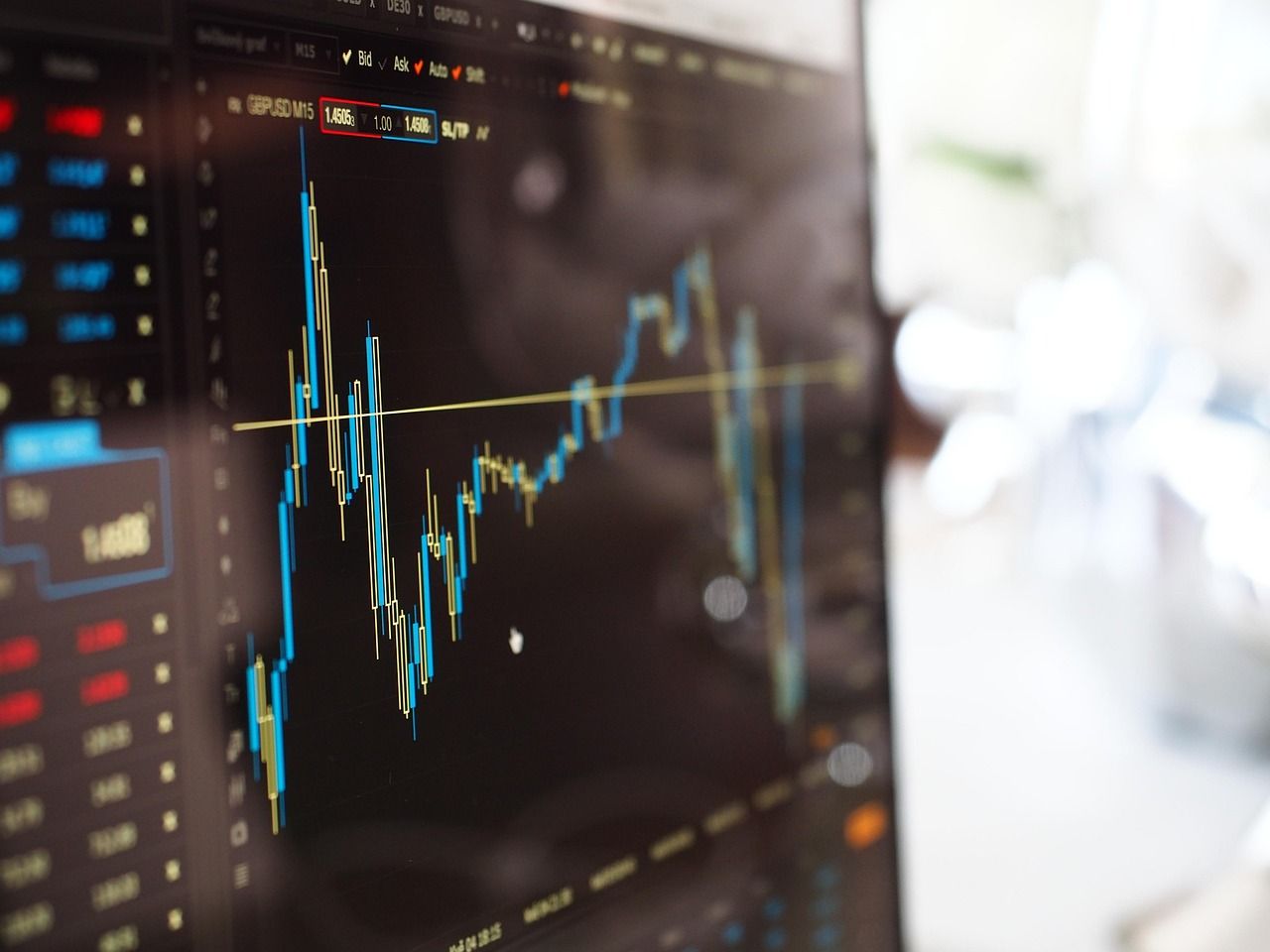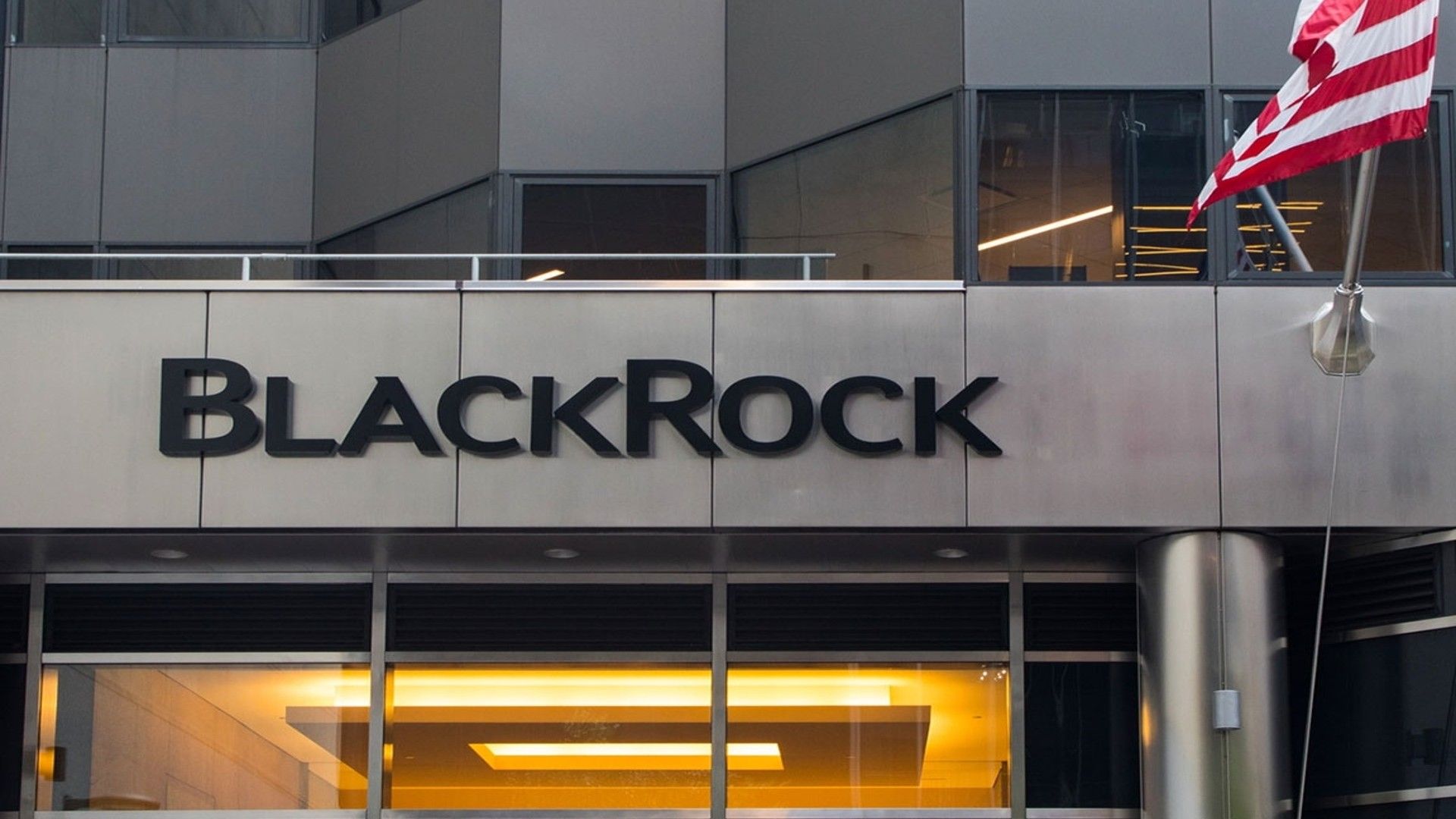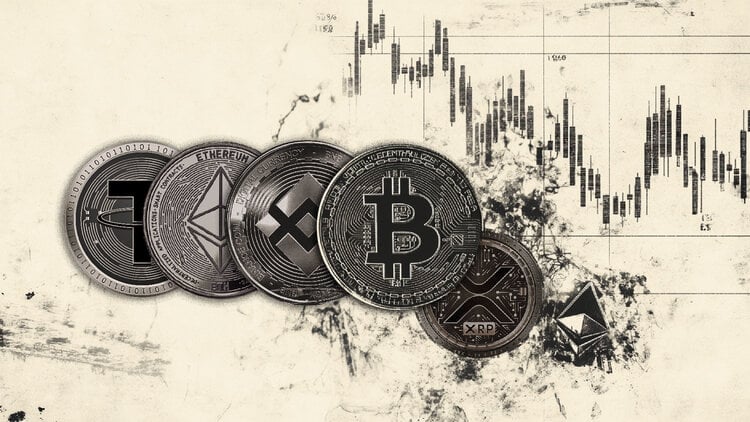Stargate and beyond: The global data centre arms race
In May 2025, OpenAI announced its plans to develop a new data centre in Abu Dhabi in the United Arab Emirates (UAE).
This planned 5GW data centre campus may become one of the largest in the world.
The development is linked to the broader Stargate Project, a $500bn AI infrastructure initiative focused on building large-scale data centres across the United States. For every dollar the UAE invests in Stargate UAE and the broader data centre project in Abu Dhabi, the UAE will invest an additional dollar in US AI infrastructure.
This latest development highlights the US’ race to progress in AI. The Stargate Project involves a joint venture between OpenAI, SoftBank, Oracle, and MGX, and aims to create a network of facilities to support AI training and development. The project is intended to expand existing AI infrastructure and establish the US as a leader in AI innovation.
China, however, is not falling behind. The central government had designated AI infrastructure as a national priority, urging governments to accelerate the development of AI-focused data centres. Hundreds of new infrastructure projects were announced in 2023 and 2024. Interestingly, in March 2025, the MIT Technology Review revealed that there was an underutilisation of data centres in China, probably due to a weaker demand than expected, plus the shifts in AI trends with the rise of DeepSeek.
In Q1 2025, DeepSeek released a reasoning model called R1 that achieved performance comparable to ChatGPT o1 but at a significantly lower cost. This made many AI companies rethink their requirements for hardware and scale.

Don’t let policy changes catch you off guard. Stay proactive with real-time data and expert analysis.
By GlobalDataGlobally, as demand for data storage and processing surges, data centre expansion accelerates. According to GlobalData, the number of data centre projects by construction start date remained relatively stable between 2019 and 2024, before surging in 2025 due to companies scaling up data centre projects to support growing AI workloads. GlobalData also estimates that combined investment in new infrastructure construction projects by Alphabet, Amazon, Apple, Meta, and Microsoft will grow 114% in 2025 compared to 2024.
Trump’s tariffs have significant implications for US data centres
On April 2, 2025, US President Donald Trump imposed various tariffs on imports into the US, sending global financial markets into turmoil. The announcement has disrupted the global economy and is expected to negatively impact the US data centre industry.
Steel and aluminium are essential materials for data centres, used not only in their construction but also in critical components like power equipment and cooling systems. The 25% tariff on all US steel and aluminium imports, first announced in February 2025, will increase construction and component costs, raising the cost per square foot of new data centres.
As a result, there is likely to be a reduction in investments in infrastructure projects in the US for the foreseeable future. Data centres currently in the planning or pre-construction phase will likely be hit hardest economically. Increased material costs could lead to scaled-back plans, delayed timelines, or a shift toward regions with more stable prices.
Data centres rely on advanced chips to power AI models, cloud computing, and any high-performance workload. Currently, semiconductors are exempt from the new tariffs. However, imported equipment used to produce chips is not exempt from tariffs. The increased cost of chip-related components will be passed down to the companies building data centres, thus slowing their upgrades and expansion.
These infrastructures are also notoriously energy-intensive and increasingly use renewables to meet sustainability targets.
In recent years, spurred by technological developments and favourable policy incentives, North America’s energy transition has gathered pace. A key part of this transition has been the rapid expansion of energy storage, which is crucial to grid stability. However, the current administration may delay North America’s energy transition and shift away from renewables and back to thermal power and conventional fuels.
With the US reliant on Chinese lithium-ion batteries, these tariffs will significantly impact energy storage development, including the battery energy storage systems (BESSs) deployed in data centres. More broadly, reduced support for energy transition technologies may limit the centres’ ability to source renewable energy.
In addition, these centres face challenges from a congested power grid, and tariffs on key materials like steel and aluminium are worsening the issue. The cost of essential grid components, which rely on steel, will likely rise, potentially delaying infrastructure upgrades. These delays threaten the reliable power supply needed for large-scale data centres.
It will be difficult for companies that build and operate data centres to scale AI capabilities and digital infrastructure while navigating an increasingly fragmented global economic and geopolitical landscape. As a result of these challenges, the cost of data centre capacity is expected to rise, with these increases ultimately being passed down to enterprises and consumers.
Content Original Link:
" target="_blank">


